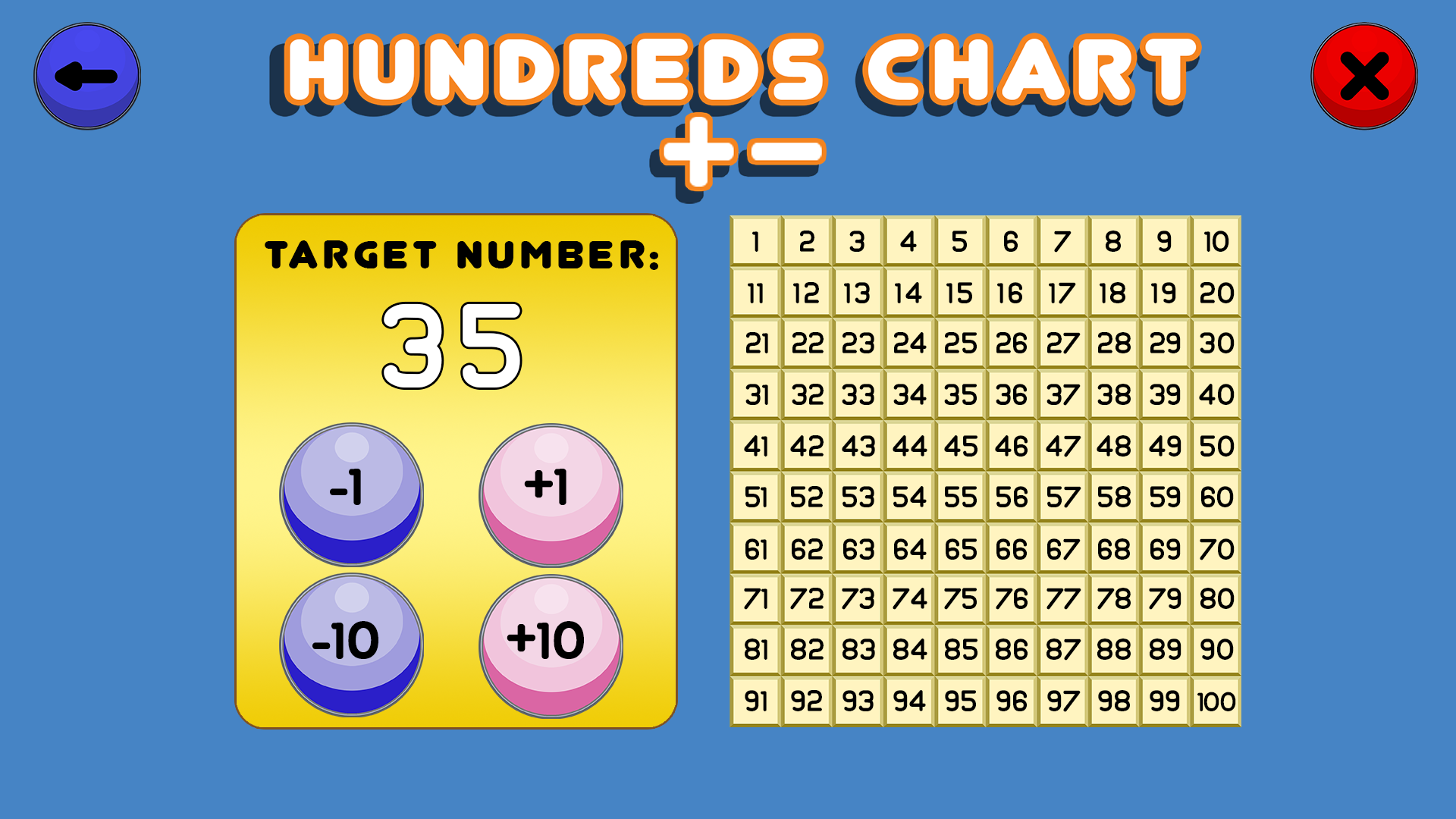
As teachers scramble for ways to find a viable and effective way of teaching mathematics in the new normal, the Ateneo de Manila University (ADMU), funded by the Department of Science and Technology – Philippine Council for Industry, Energy and Emerging Technology Research and Development (DOST-PCIEERD), developed an online platform that makes math more interesting, compelling, and engaging for students.
Developed by the team led by Loyola Schools Associate Dean for Research and Creative Work Dr. Ma. Louise Antonette N. De Las Penas, the “Technology Innovations for Mathematical Reasoning, Statistical Thinking and Reasoning” or Mathinic project seeks to create a digital mathematics learning environment to transform young Filipinos into proficient problem solvers using digital mobile applications and instructional materials, large-scale database of assessment results, and a database for statistical learning or Census-at-School.
“Our focus is to intuitively spark a zest among Filipinos, of varying age, to become math wizards by developing a digital classroom with sound pedagogical principles, user-friendly, aligned with the Department of Education (DepEd) curriculum, has minimum system requirements for mobiles or computers, and is cost-effective,” De Las Penas said.
The research seeks to create twenty (20) interactive applications that focus on number magnitude (for Grades 1 to 6) with accompanying user manuals, twenty (20) interactive applications in mathematics for Grades 7 to 10 with accompanying teaching guides, database for storing census results, making mathematics e-learning to be more interesting and meaningful among Filipino children.
At present, the project has finalized the test structures for addition and subtraction, conducted needs and gaps assessment in two (2) grade schools and two (2) high schools in San Mateo, met with school representatives, identified least-learned topics for grade and year levels, conducted the initial meeting with Mayor and Vice Mayor of San Mateo and representatives from DepEd-San Mateo to discuss and endorse the use of technologies. The project will soon finalize its test items on multiplication, division, and fractions.
The apps can provide number sense experiences to children and support teachers who wish to integrate research-based practices in the classroom. The database for statistical learning will be the first in the Philippines giving students access to authentic data.
DOST-PCIEERD Executive Director Dr. Enrico C. Paringit recognized the value of the apps especially for teachers who are now looking for tools to aid in the blended learning method of teaching in the new normal.
“As a leader and partner in supporting innovations, we hope that we support more technologies that can help us navigate in the new normal,” says Paringit.



